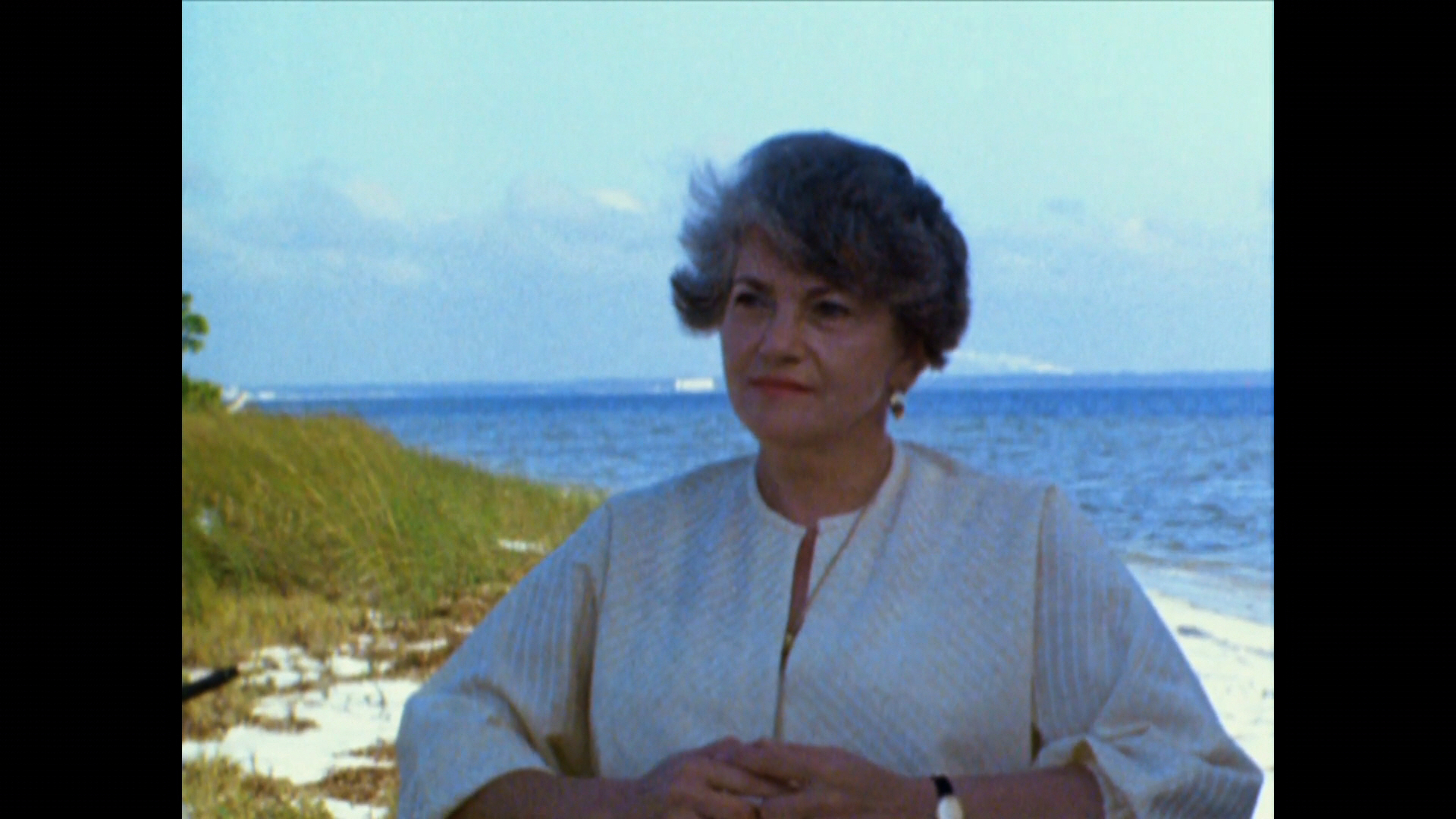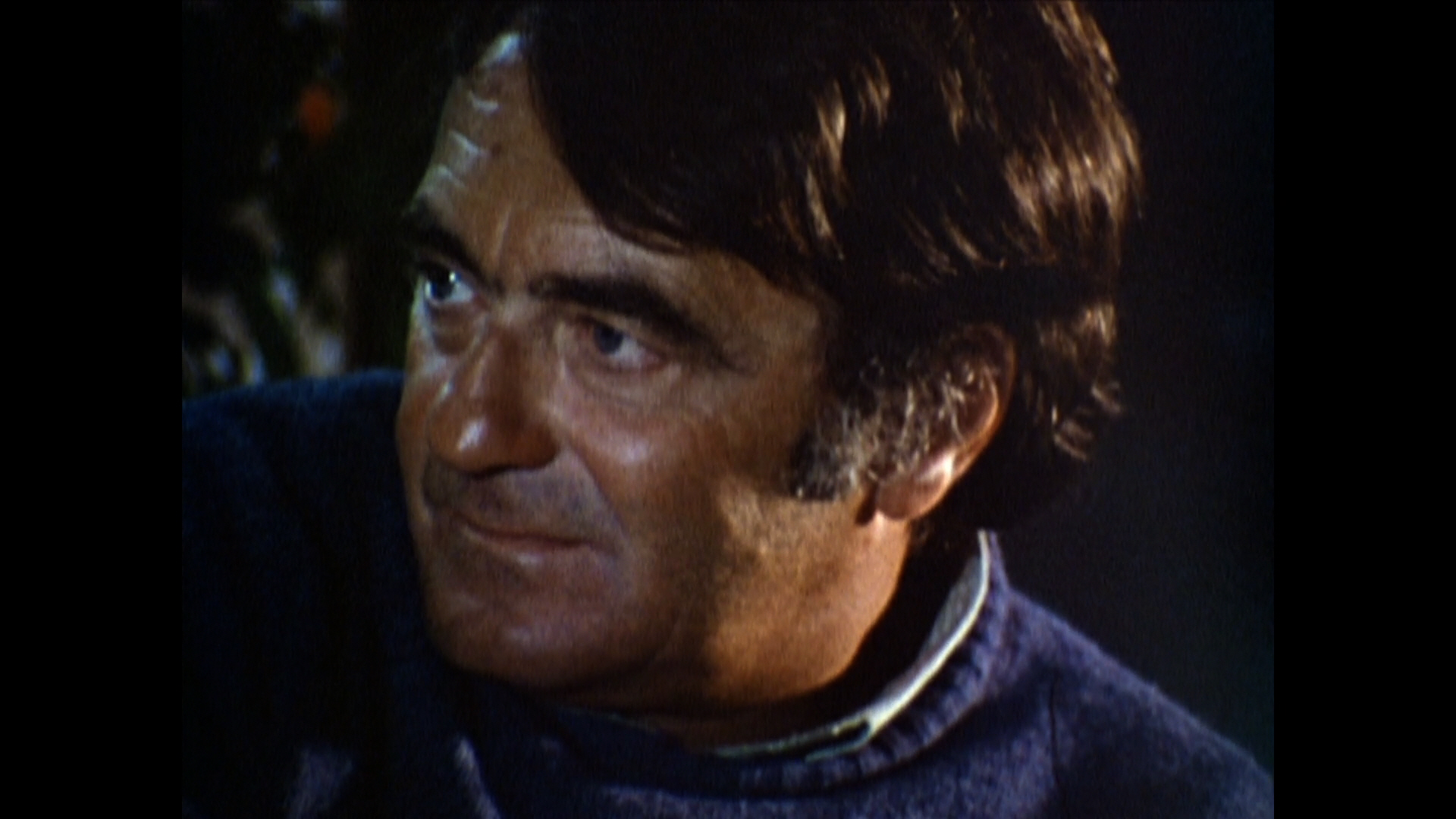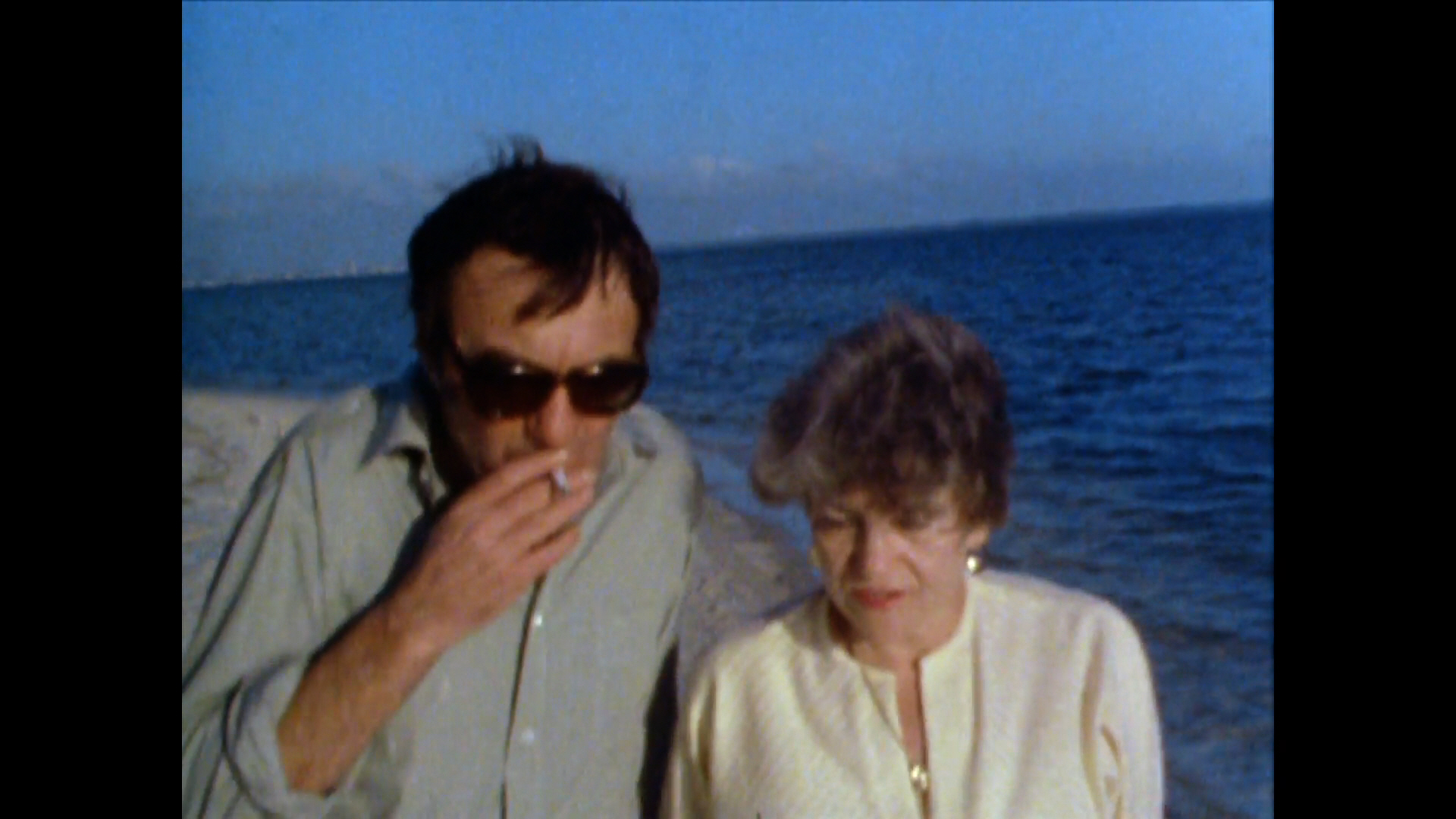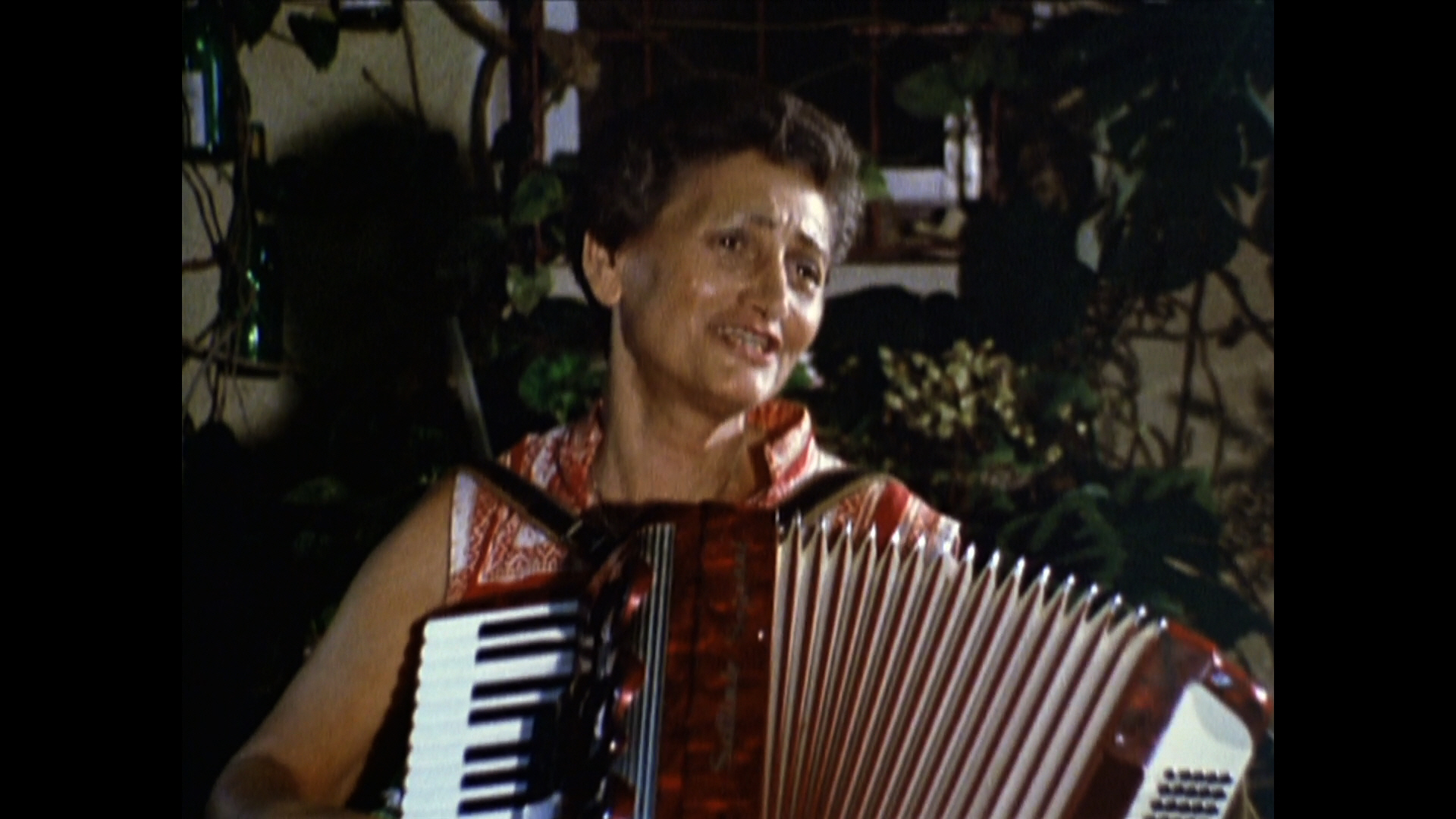The Four Sisters (Part 1)
Claude LANZMANN
- France
- 2017
- 154min
- 15 +
- DCP
- color
Korean Premiere
Synopsis
The Hippocratic Oath
Ruth was 17 when the Nazis occupied Czechoslovakia in March 1939. After three years of hiding on a farm, the family was deported to the Theresienstadt camp in April 1942. A year later, she fell pregnant. However, things took a definitive turn for the worse when she was eventually deported to Auschwitz, where the odds of survival for a pregnant woman were practically zero.
Baluty
There are still archives, diaries and even some photos of the Lodz ghetto, but very few actual witness accounts from survivors. Paula's is all the more exceptional, with her having been part of the ghetto's Jewish women police at the time. Her sharp eye for detail as well as her dazzling intelligence underscores her incredible testimony.
Review
Claude Lanzmann said that the running time of Shoah (1985), which is 9 hours and 30 minutes, could be much longer. (Actually, he edited a 10-hour-33-minute version of Shoah) However, it was impossible to put all the testimonies of his 'experiences', no matter how long the film is. The difficulties in making Shoah seem to be in two fundamental impossibilities. First, how can we disclose the impossible presence of death implied by the word 'annihilation'? Second, can the film with the theme, the viewpoint, the systematization, and above all, the form having the beginning and the end itself can 'contain' the story of 6 million deaths? As you well know, if the first has caused a controversy about the politics, ethics, and (already political) aesthetics of representation after the Auschwitz, Lanzmann has continued to respond to the second (although never enough) by reexamining the testimonies of the interviews for 11 years and the 350-hour footage. For example, Maurice Rossel in A Visitor from the Living (1997), a member of the Red Cross in 1944, visited the Theresienstadt ghetto in Poland and described the 'unbearable' passivity of the Jews within the boundaries of what Nazis wanted to show. Yehuda Lerner in Sobibor: October 14, 1943: 4pm (2001), a participant of the 1943 Sobibor Uprising, which is one of the two only uprisings in the concentration camp, testified to the moment of resistance to death. Jan Karski in The Karski Report (2010), a member of the Polish Resistance, informed the Allied Forces in 1942 of the Nazi annihilation plan and massacre of Polish Jews. However, the Allied Forces did not take any measures against them. The Four Sisters, the last film of Landzmann, is the last record and last response he gave us. It is also a record about the women who often made an appearance in voice-over and who passed by on the screen with the faceless voice in Shoah. (For reference, the issue of testimony and gender has been one of the many controversies that Shoah raised.) Those who survived in an incredible contingency, and a great number of dead people who have not survived in a contingency. The testimonies reminding us of them hang over the problems such as the trauma encroaching their life, strange but "typical" testimonies to the manifestation of bureaucratic vices, and the moral ambiguity of the Jewish leader who has "selected" the living and the dead. Facing the ambiguity is painful. But the 'pain' may be the only responsibility we should bear. [LEE Yeongjae]
Director
-
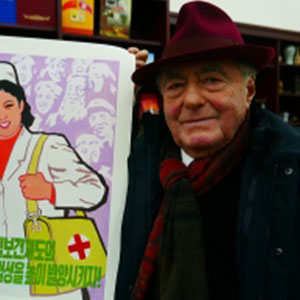
Claude LANZMANN
The Last of the Unjust (2013)
Sobibor, OCT. 14, 1943, 4 P.M. (2001)
A Visitor from the Living (1997)
Tsahal (1994)
Shoah (1985)
Credit
- ProducerDavid FRENKEL
- Cast Paula BIREN
Ruth ELIAS
Ada LICHTMAN
Hanna MARTON - Cinematography Dominique CHAPUIS
William LUBTCHANSKY - Editor Chantal HYMANS
- Music Jérémy AZOULAY
- Sound Bernard AUBOUY
Michel VIONNET
Béatrice WICK
Anne-Laure FRANÇOIS
Distributor / World Sales
ARTE France 33 155 007 082 / s-soghomonian@artefrance.fr
